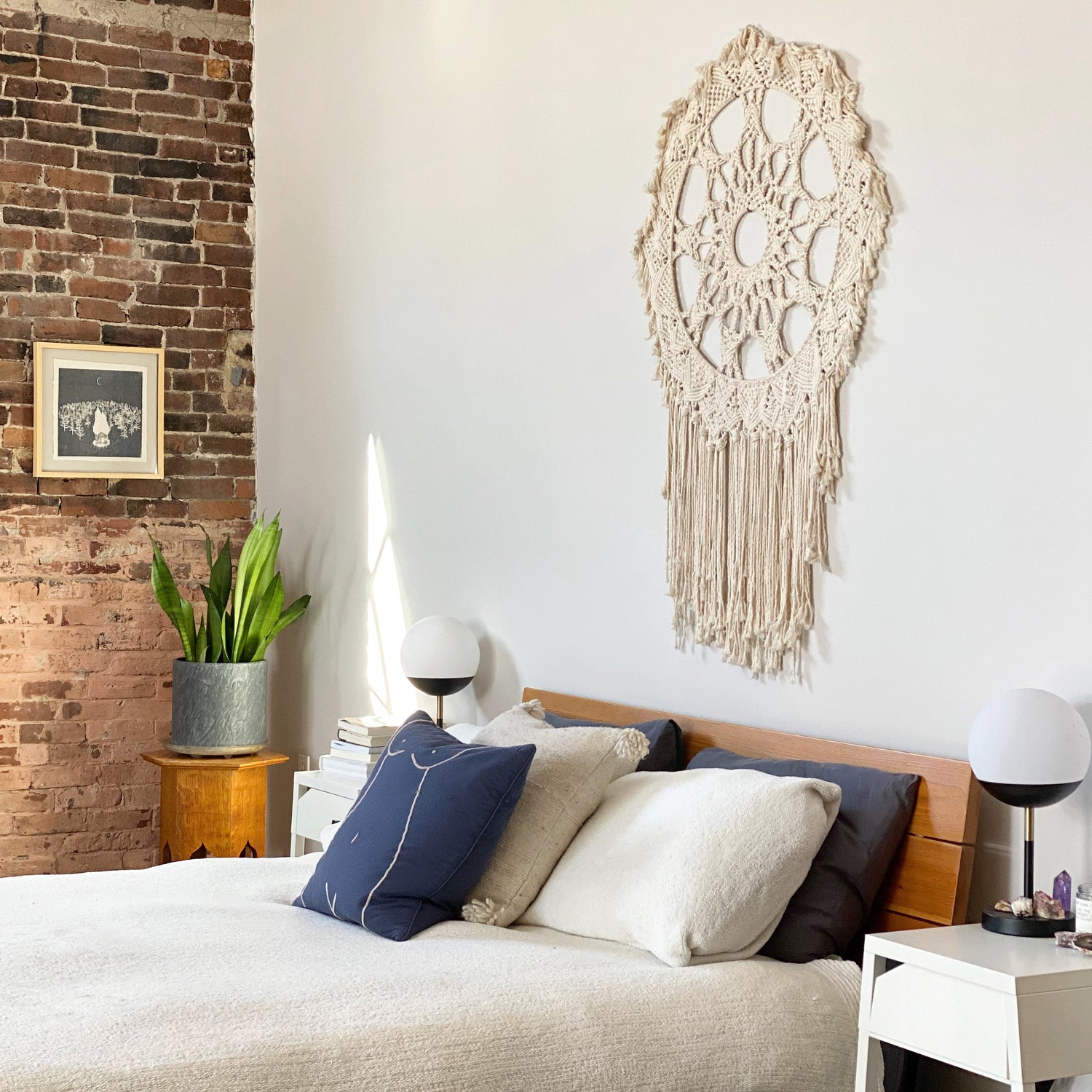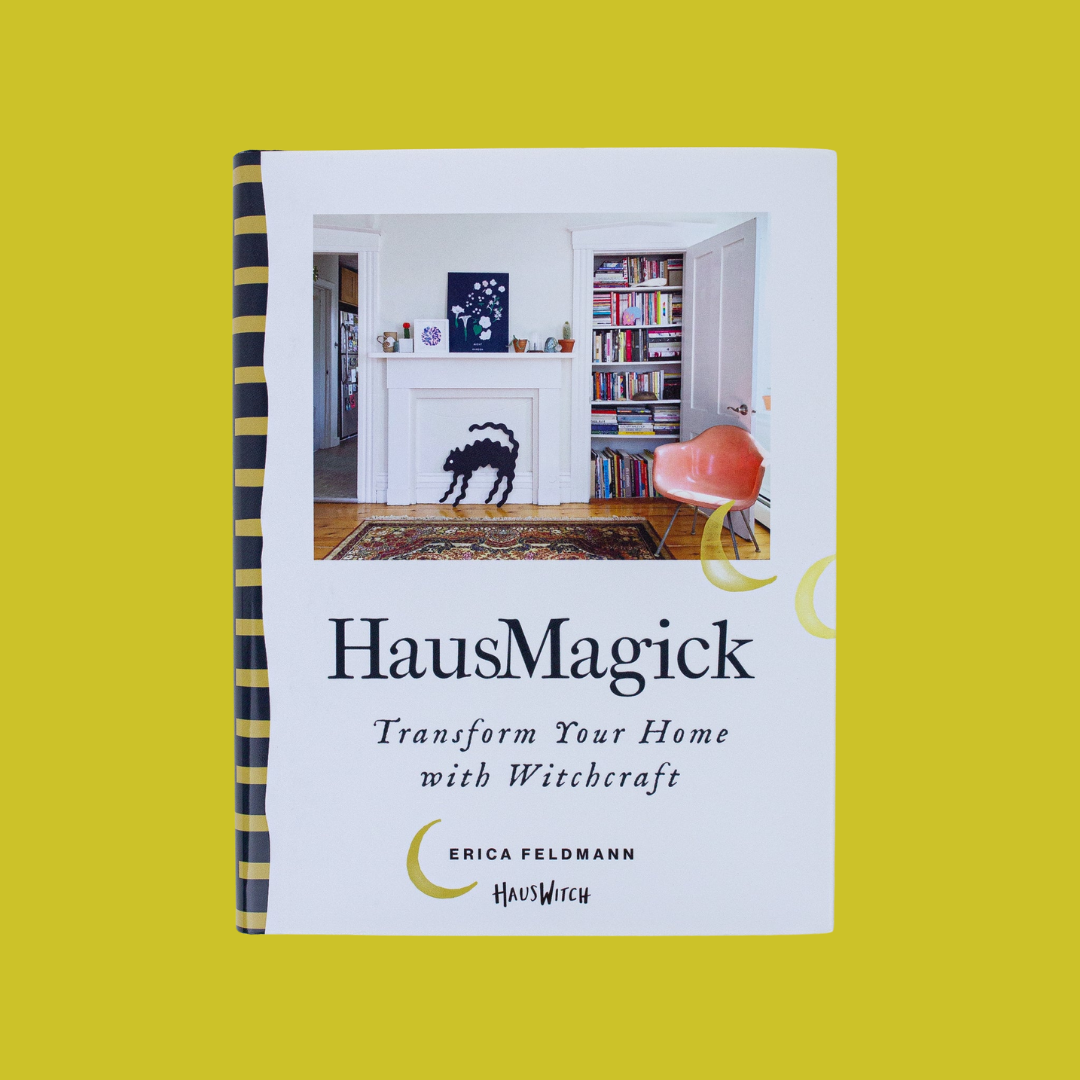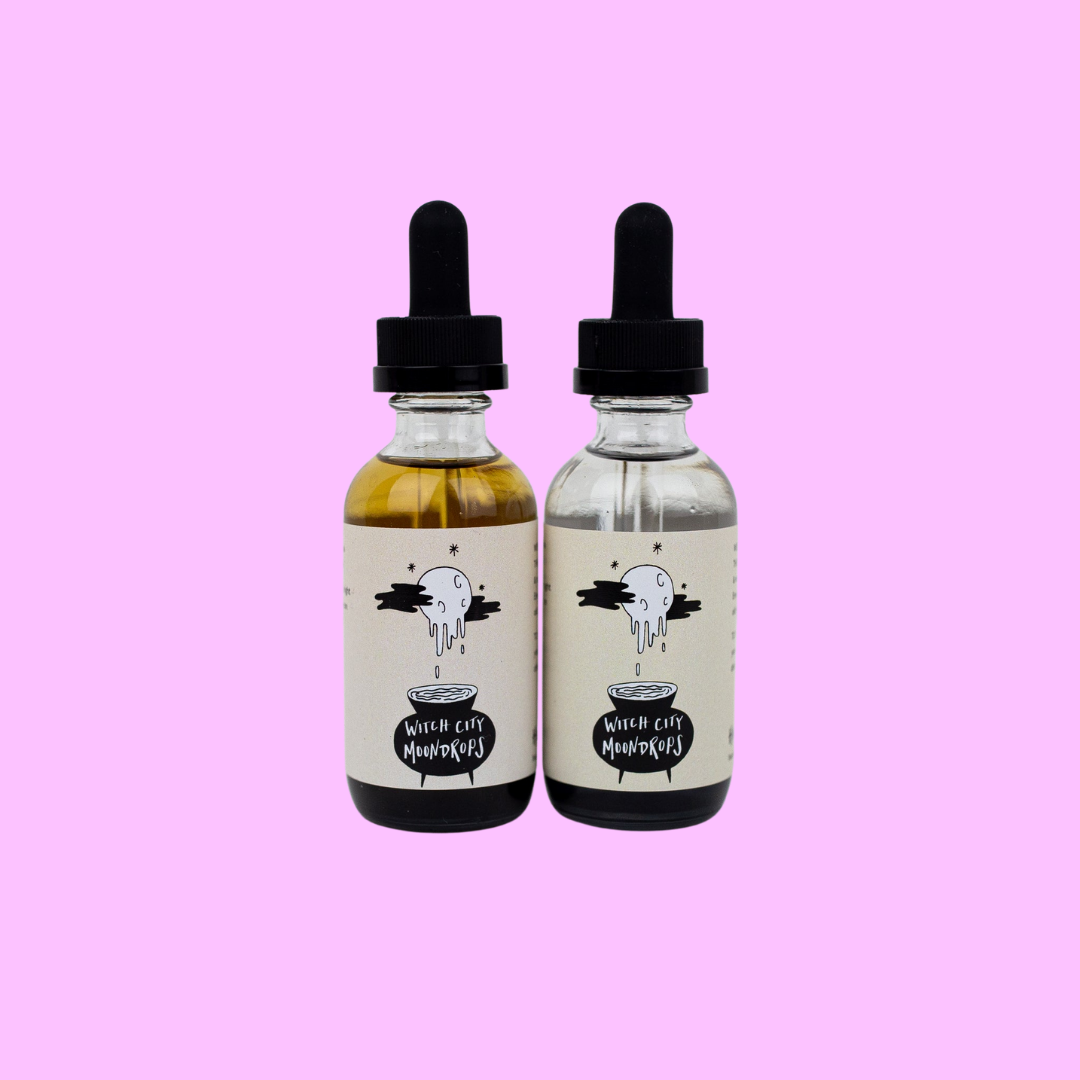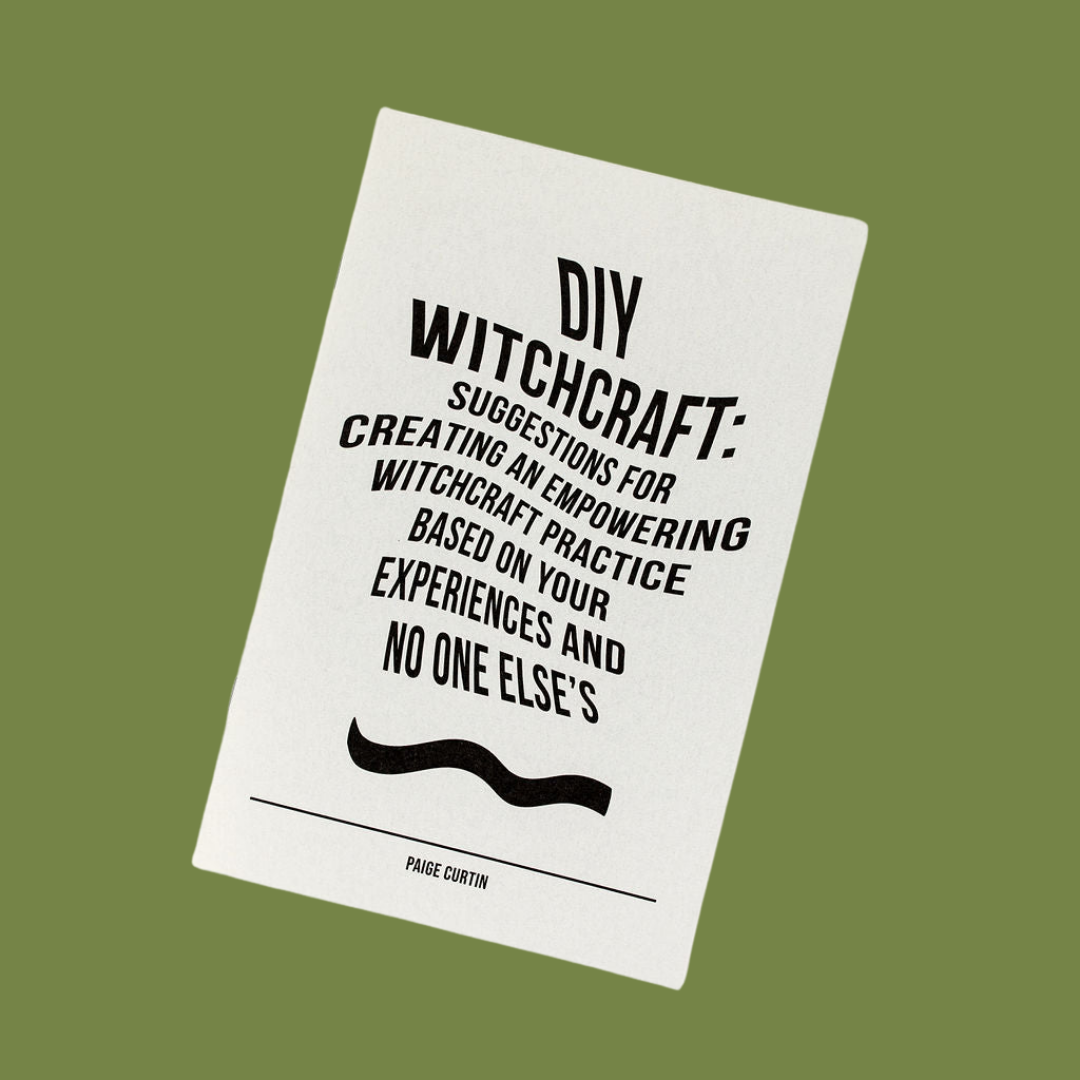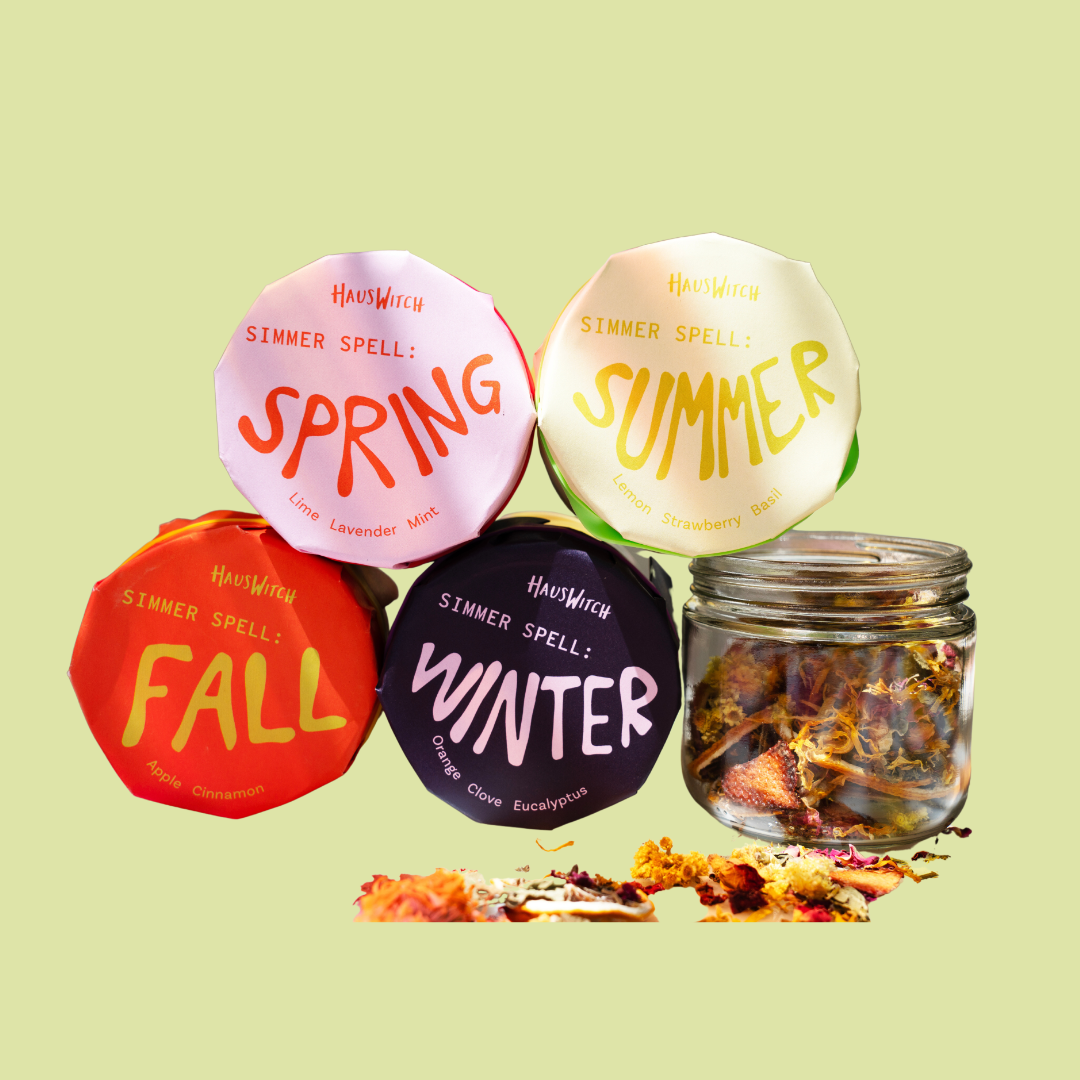Hello friends!
Since my last Sourcing Sorcery post a few of you have reached out to ask about where to buy sustainable, ethically made bedding and towels and I thought that would be an excellent topic to dig into. I myself am in the market for a new set of sheets so let’s dive in (to bed)!
Off the bat I want to prepare you for the fact that when it comes to, let’s call them “soft goods” and that will include bedding and towels, it’s definitely a “buy better, not more” situation and if you really want to ensure that your sheets were made in the most ethical and sustainable ways you are going to need to invest some money. As someone who bought bedding and towels from Target for pretty much all of my adult life, I have to say the price points are significantly higher and there’s just not any way around it. Brace yourselves!

It’s fairly easy to get a lot of up-to-date lists of the most ethical and sustainable products just by googling so I wanted to just give you a quick and dirty guide to sifting thru the results. I’m going to focus on bedding, but most of this info can be used to shop for towels and other textiles too!
Okay so when shopping for bedding, the biggest thing to pay attention to is whether or not the company itself, or the specific product is certified by OEKO-TEX, Fair Trade, and/or GOTS (Global Organic Textile Standard).
OEKO-TEX has been around since 1992 creating certifications and product labels that “[have] enabled companies along the textile chain and all consumers to make responsible decisions in favor of products that are harmless to health, environmentally friendly and manufactured in a fair way.” They have several different classifications as follows:
- STANDARD 100 by OEKO-TEX® and LEATHER STANDARD by OEKO-TEX® are available for textile and leather products that have been tested for harmful substances and which are thus safe from a human-ecological perspective.
- MADE IN GREEN by OEKO-TEX® label, you can identify textiles which have been tested for harmful substances and also manufactured under sustainable working conditions.
- STeP by OEKO-TEX® certification and the DETOX TO ZERO analysis by OEKO-TEX® optimize the manufacturing process for ecological and socially responsible textile and leather production.
- ECO PASSPORT by OEKO-TEX® identifies environmentally friendly chemicals, auxiliaries and colorants used in the textile and leather industry.
Fair Trade has a very easy to navigate website where you can search by category and find businesses that sell Fair Trade certified products. Here is a link to the “Home Goods” section. This seems like a pretty limited list, but we’ll dig into that a little deeper as we go. From what I can tell it’s easier to be certified by OEKO-TEX, (which seems to focus more on sustainability and environmental impact) than it is to be Fair Trade Certified, which is more about ethical labor practices. From the Fair Trade website:
GOTS certification, which seems to have the highest standards is less common and basically the gold standard of textile accreditation. From what I can tell, it’s harder to fake or “greenwash” this certification than it is the others. According to their website,
“GOTS The Global Organic Textile Standard (GOTS) is the worldwide leading textile processing standard for organic fibers, including ecological and social criteria, backed up by independent third-party certification of the entire textile supply chain.”
So right there you have three pretty decent filters for narrowing down to the most ethical and sustainable bed and bath companies. There’s a smattering of less common ones too, like “Made Safe”, “USDA Organic” and “Textile Exchange” but the OEKO-TEX, Fair Trade and GOTS are the big three. Its usually pretty easy to find these certifications in product listings, when they exist. Here’s a screenshot from the West Elm site:

Another easy way to pick ethical and sustainable soft goods is by the material they are made out of. The best ones in this regard are organic cotton, linen, jute, bamboo and something called Tencel™ which people seem to be NUTS about. Its basically one of the most sustainably made materials and is said to be very, very soft.
All of these can be certified by the aforementioned institutions or not so even if something says it's made from "organic linen" I would double check that it also has the certifications to be sure. Your choice of material will largely come down to personal preference in terms of color, softness and weight.

So let’s breeze thru a few different sources by price point. For simplicity's sake I am going to use Queen sized sheet sets (which include a fitted sheet, flat sheet and two pillowcases) to compare. You can easily follow this model for towels, duvet covers, etc. (This is just a random sampling of a handful of sources not a complete list.)
On a Tight Budget:
Target: When I searched for "Sheet Sets" I started by clicking the filter option for “Sustainability Concerns and Certifications” and chose "GOTS certified" and got one result from a brand called “Purity Home”, which honestly gave me weird early 2000’s evangelical Christianity vibes, but aside from that, the selection was also very limited with most sizes and colors being sold out already. The price points were very low ranging from $50-$85 but it was hard to get an exact price because almost everything was sold out. When you filter for OEKO-TEX you get over 100 results within the normal Target price points of $40-$90. So if that’s your price point, you have a lot of options for OEKO-TEX certifications, but not Fair Trade or GOTS.
Ikea: Although IKEA has several initiatives regarding sustainability, I couldn’t find any certifications on their bedding products. You also can’t filter for these types of concerns either. Apparently, their cotton products are made with recyclable and renewable cotton but that’s all I could really find in the bed and bath department. I would say if this is your price point ($20-$60) there just aren’t going to be any certified options.
Willing to Splurge a Little:
West Elm: So West Elm is nice because you can filter for "Fair Trade" which has 13 options, "Organic" which has 9, and "Sustainably Sourced" which has 2. Since we’re going for the gold here I decided to check out "Sustainably Sourced". Both options were Tencel™, Fair Trade and $150. What’s weird is that their 400 Thread Count Organic Cotton Sheets are GOTS certified too, and are cheaper at $130-$140 a set. Sidebar: I have to say I’m a little impressed because West Elm seems to be doing way more than its competitors to provide ethical, sustainable products, and slightly more affordable price points even if the selection is still depressingly limited overall.
Parachute + Brooklinen: I grouped these together because they’re very similar companies. Both are “direct-to-consumer startups” that have a similar product line ups. Here’s an article that compares the two if you’re interested in that. They also happen to both be companies that I’ve purchased from recently. My sheets and duvet cover are from Brooklinen and my bathrobe and a couple of my throw pillows are from Parachute. I’m very happy with all of it. I chose them before doing much research, just knowing that they’re transparent about who owns them (Parachute has a female founder, Brooklinen is a couple) and both seemed to be doing their best on sustainability and accessible pricing. Both companies are OKEO-TEX certified over all but nothing else unfortunately. My Brooklinen Luxe Core Sheet set was $149 (The price is $159 now) and has held up really, really nicely over the last 2+ years. The Parachute equivalent is priced higher at $209.
High End Spender:
Coycuhi: I hadn’t really heard much about this company, but they were on all of the lists I found when googling so obviously I had to check them out. They are by fair the most highly certified, and also the most expensive. Imagine that! Okay, so let’s talk price points. The organic cotton set that are most comparable to the set I have from Brooklinen comes in at $238, even with a slightly lower thread count. So the extra certifications cost about $80. When looking at linen, the most expensive option from Coyuchi comes in at $548. Having recently slept in fancy linen sheets, (not my own) I can say that they do feel really nice, but that is A LOT of money for sheets especially when by comparison, Brooklinen’s Linen Sheet set comes in at $259 and Parachute’s is $279.
Let’s look at why for a sec:
In addition to the extra sustainability and ethical labor certifications, Coyuchi’s set is the only one that’s made with organic linen, and as their (really good) blog The Thread points out, that’s a big deal:
“Because flax can only be planted on the same land once every seven years, the farms from which our organic flax is sourced raise other crops as well, rotating them through their fields with each new growing season. In order for each flax harvest to be certified organic, this means that ALL crops grown on this land must be certified organic as well. So, by making the commitment to organic … we're also supporting the same farmers who grow organic food. It's a bit more expensive, but it's healthier for the soil and leads to increased biodiversity. Plus, as organic farms thrive, their success makes a compelling case for other farms to ditch the toxic chemicals, too.”
Oh, and one other cool thing about them is that each product has this bar underneath the description:

So if you can afford it and you want the highest standards, I say go for it! These are the kinds of companies that we really should be supporting when we can because they raise the bar for everyone else. It’s always nice when the big companies make efforts to be more ethical and sustainable, but I really appreciate how Coyuchi doesn’t half-ass it you know? That being said, as much as I want to I don’t think I can spend over $500 on sheets atm. But I do think that I will save my pennies for one of their less-expensive options. I’m definitely intrigued by their exclusive Organic Crinkled Percale™ Sheets that come in at $198.
So now all you have to do is pick out a color or pattern! If you’re like me this will be an agonizing, months long process which will most likely end with you picking something completely boring because all I really want is white, but I also don’t trust me or my family to not destroy them somehow. You know?
Okay, so that’s my quick and dirty ;) guide to shopping for ethical bedding and bath textiles. TL;DR? Here are the big take always:
-Google “Ethical Bedding” or “Ethical Home Textiles” and you’ll come across some good lists of companies to check out.
-Once you've narrowed it down, check their credentials. The three main certifications to look for in the “details and descriptions” section of a product listing are OKEO-TEX, Fair Trade and GOTS, with GOTS being the highest. If the product you’re looking at is certified with any or all of these, you are making a more ethical choice.
-Organic materials are better than non-organic. Organic cotton, linen, bamboo and Tencel are the most popular options.
-Price Points vary widely based on exactly how sustainably and ethically made they are. In most cases the higher the certifications the higher the price.

Okay, so now that you've got some new soft goods headed your way, why not cast a couple of mini-spells to really welcome them into your space?
-Launder intentionally! You should definitely wash any softgoods you bring home before using them and you know I'm going to tell you to use High Tide not only because I like selling High Tide but because it's literally perfect for this moment. You'll wash your new sheets in lavender and rose quartz (and actual soap of course) and infuse them with big heart energy at the same time! But really any detergent can work for a laundry spell, it's the intention you set that makes the biggest difference! It can be as easy and giving them a squeeze before you throw them in the washing machine and saying a couple words to infuse them with. Mine would be something simple like, "peaceful sleep, soft and sweet."
-Scentscape for softness! Okay one more product plug and this one is for Aura as a linen Spray, especially for bedding! The sweet cinnamon scent creates a warm, cozy vibe while essences of carnelian and golden quartz help turn up the heat... if you know what I mean... But again, any type of spray will work so feel free to experiment making your own! Just make sure you spray from a few feet away and maybe do a patch test first if the sheets are light-colored and cost $500 lol. Some essential oils can stain! Dance while you spray to clear the energy of the space and infuse it with movement.
So there you have it! I hope this was helpful! Personally I can't wait to roll around in some freshly laundered, ethically made sheets. What should I look into next?!

